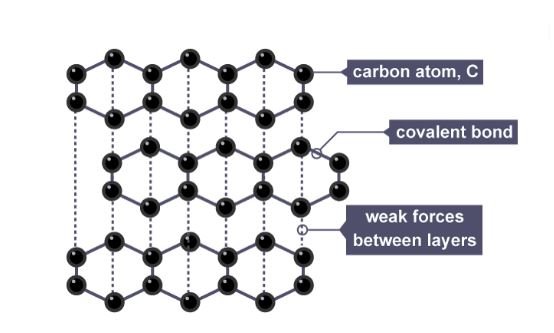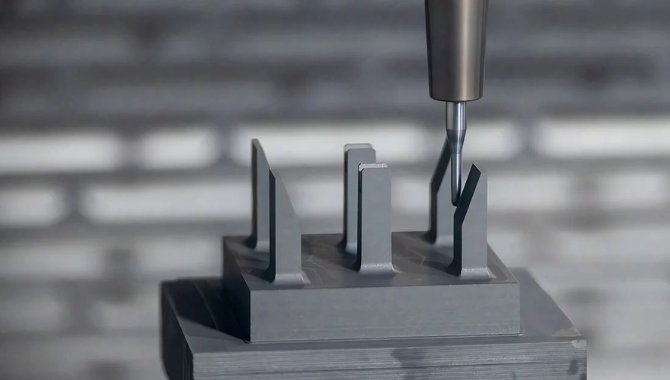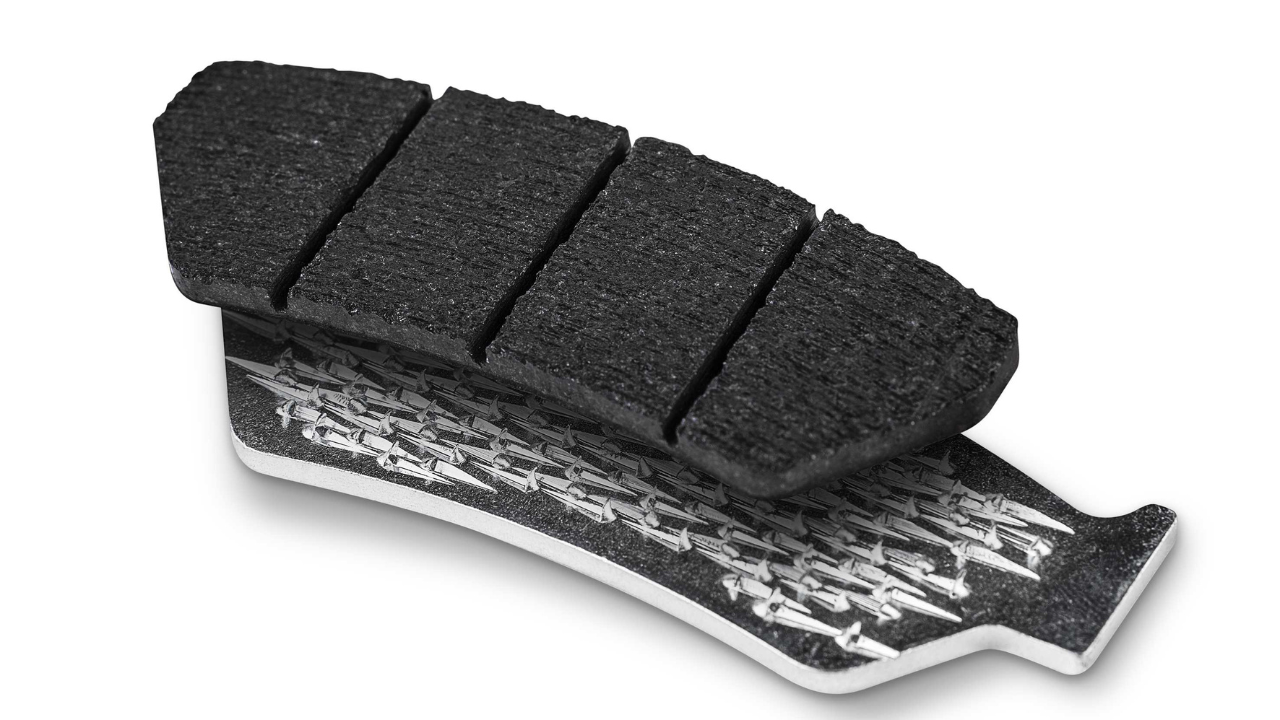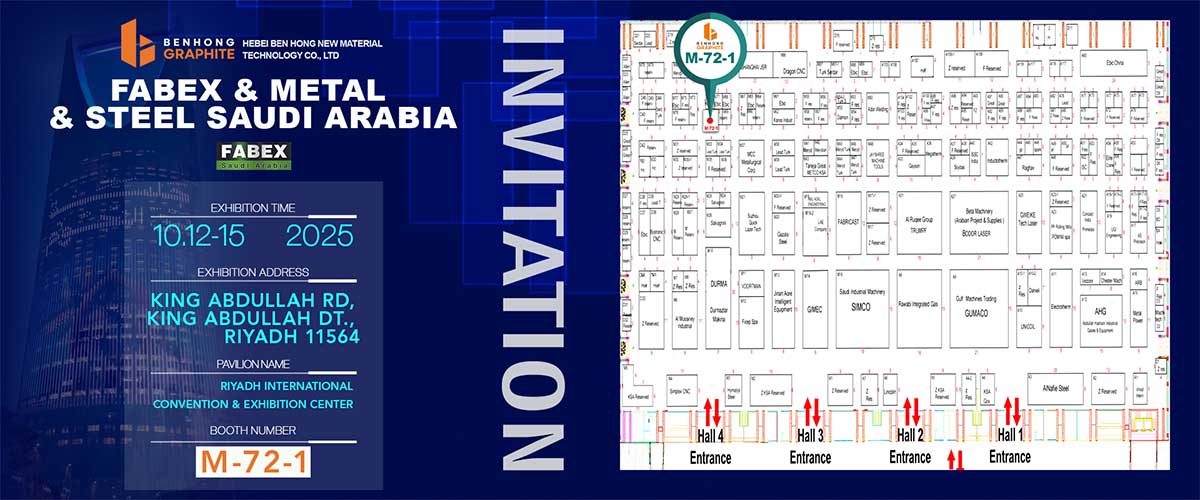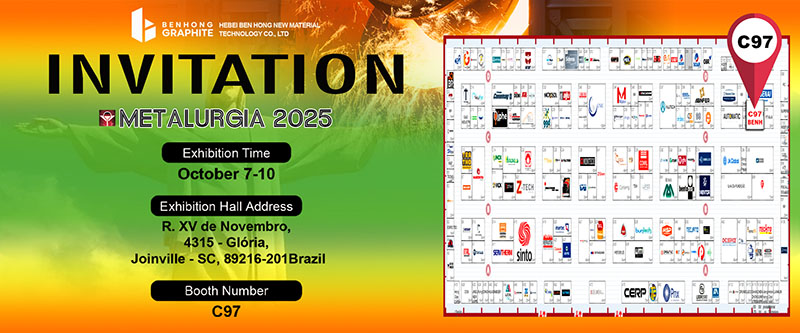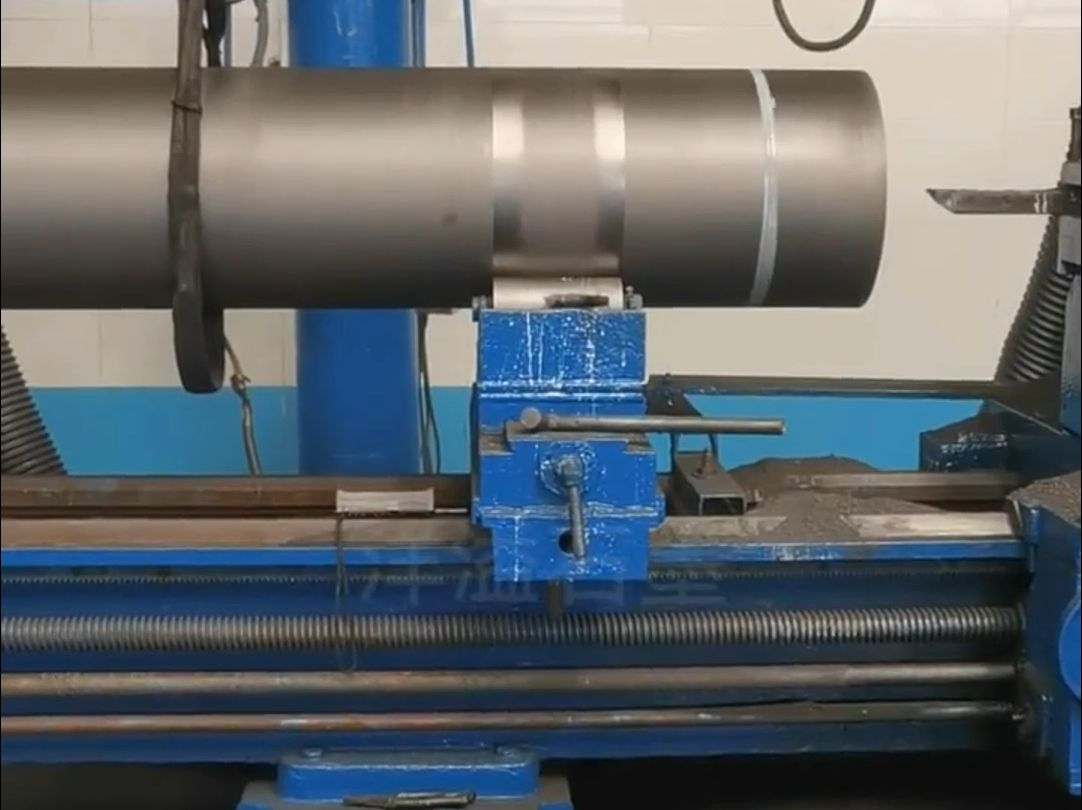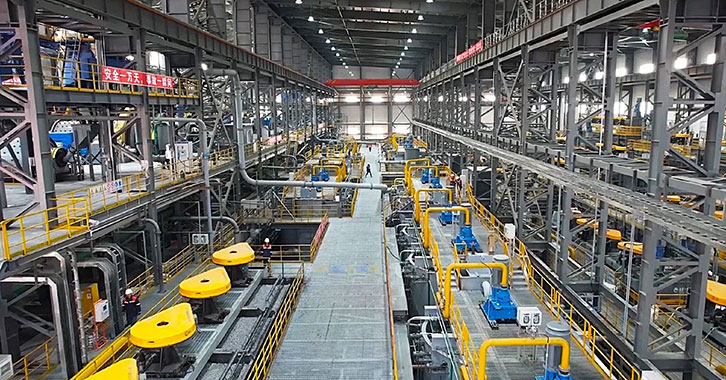Material Composition and Characteristics
Carbon graphite is a synthetic composite material formed by combining an amorphous carbon matrix with flake graphite, exhibiting a steel-gray to deep black gradient. Its core properties derive from a unique dual-phase structure:
| Property Category | Performance Specifications | Mechanism |
|---|---|---|
| Thermal Stability | Oxidative (200-600°C) Inert (≤3000°C) Cryogenic (-270°C) |
Stability of sp²-hybridized carbon network |
| Corrosion Resistance | Resists petroleum derivatives, SO₂ | Covalent-bonded hexagonal lattice |
| Self-Lubrication | Dry friction coefficient: 0.08-0.15 | Weak van der Waals forces between graphene layers |
| Controlled Porosity | Porosity: 15-30% | Pyrolytic volatilization creating porous network |
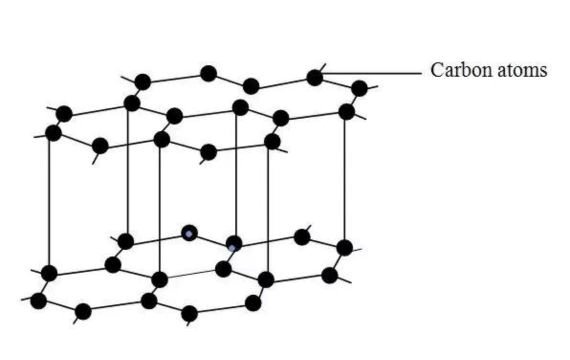
Advanced Manufacturing Process
-
Raw Material Compounding
-
Amorphous carbon (Vickers hardness: 150-300 HV)
-
Natural flake graphite (particle size: 20-80μm)
-
Coal tar pitch binder (softening point: 90-110°C)
-
-
Forming & Carbonization
-
Isostatic pressing (100-200 MPa)
-
Carbonization at 800-1200°C (N₂ atmosphere)
-
Mass reduction: 15-25% (volatile removal)
-
-
Graphitization Enhancement
-
Acheson furnace treatment (2500-3000°C)
-
Functional impregnation:
-
Metal impregnation (enhances thermal conductivity)
-
Resin filling (improves corrosion resistance)
-
Solid lubricants (optimizes tribological properties)
-
-
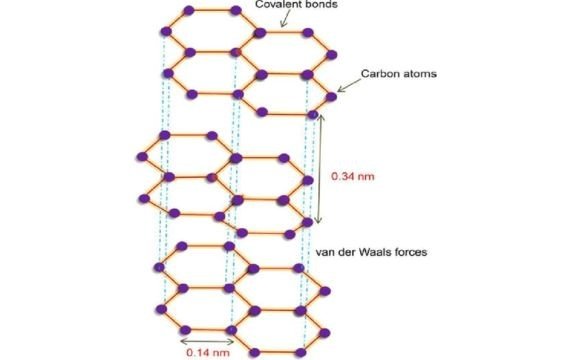
Comparative Performance Analysis
| Parameter | Carbon Graphite | Pure Graphite |
|---|---|---|
| Density (g/cm³) | 1.7-1.9 | 2.1-2.3 |
| Compressive Strength (MPa) | 80-150 | 20-50 |
| CTE (×10⁻⁶/K) | 2.5-5.5 | 0.5-4.5 |
Engineering Advantages
-
Extreme Temperature Adaptability: Maintains dimensional stability (CTE<5.5×10⁻⁶/K) from -270°C to 3000°C
-
Self-Sustaining Lubrication: Dynamic transfer film reduces wear rate to 10⁻⁶ mm³/N·m magnitude
-
Chemical Inertness: Stable in pH 0-14 environments (excluding strong oxidizers)
-
Precision Machinability: Achievable tolerance: ±0.005 mm
Industrial Applications
-
Fluid Control Systems: Ball valve seats (cryogenic service)
-
Rotating Machinery Components:
-
Centrifugal pump impellers (ANSI/API 610)
-
Compressor bearings (ISO 10438)
-
-
Specialized Sealing Elements:
-
Mechanical seal rings (API 682 standard)
-
Nuclear-grade graphite seals
-
-
Wear-Resistant Components:
-
Wafer handling carriers
-
High-temperature guide plates
-
Graphite-structure
Material Enhancement Pathways
-
Nano-Reinforcement: 5% graphene addition increases mechanical strength by 40%
-
Composite Impregnation: Copper + MoS₂ dual-phase impregnation elevates PV limit to 5.0 MPa·m/s
-
Surface Functionalization: CVD silicon carbide coating enables 800°C oxidation resistance
Industrial data indicates carbon graphite components extend service life by 300% in abrasive media pumps compared to conventional materials.
Material Selection Guidelines
| Operating Condition | Recommended Grade |
|---|---|
| High load (>50 MPa) | Bronze-impregnated CB series |
| Highly corrosive environments | PTFE-impregnated CGW type |
| Food/Pharmaceutical grade | FDA-compliant resin impregnation |
This composite material integrates graphite’s self-lubrication with amorphous carbon’s mechanical strength, serving as an irreplaceable engineering solution in aerospace, energy equipment, and precision manufacturing sectors.

